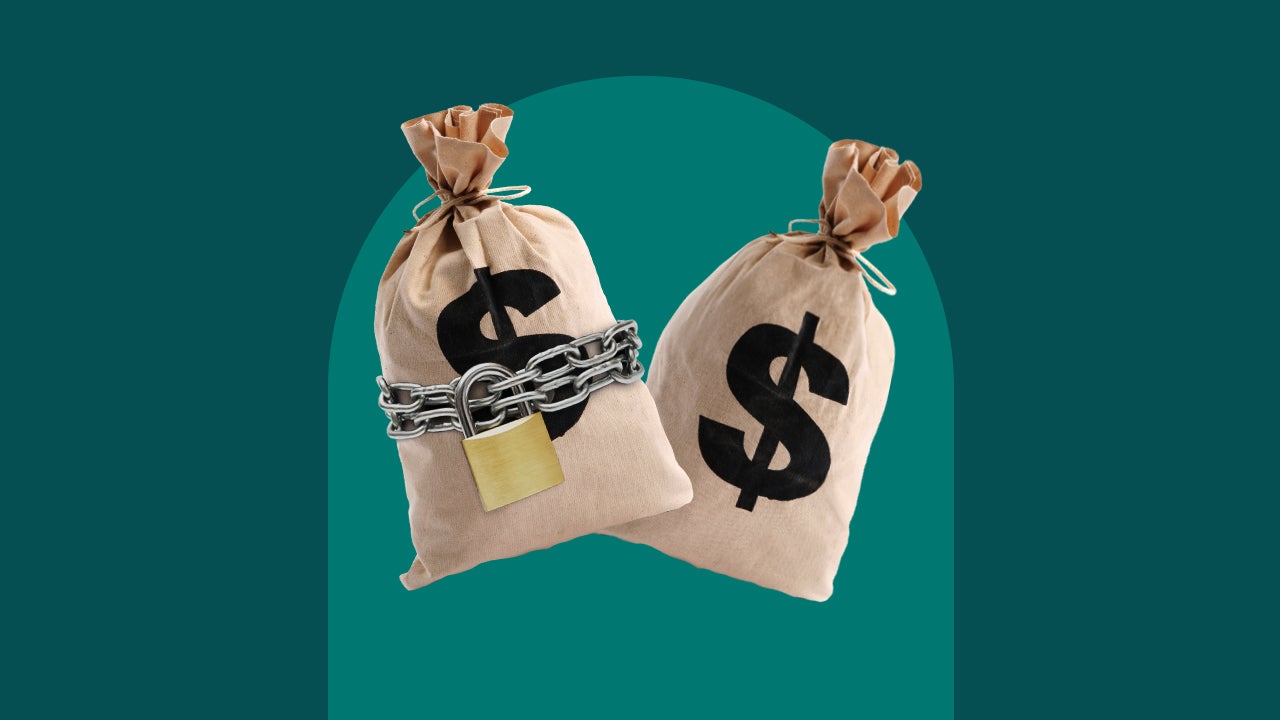Alternatives to unsecured business loans




Key takeaways
- Finding an alternative to an unsecured business loan doesn’t have to include pledging large business or personal assets.
- Alternatives to unsecured business loans include secured business loans, business grants, crowdfunding and peer-to-peer lending.
- Unsecured business loan alternatives may save you money on interest and fees in the long run.
While unsecured business loans can be a good option if you don’t have collateral, but you meet all the other qualification requirements, they may also come with higher rates or less favorable terms than their alternatives. There are many other ways to finance your business that don’t necessarily involve pledging large business assets, and include business loans, grants and crowdfunding.
Secured business loans
Secured business loans include term loans and lines of credit, and require you to provide either personal or business assets to secure the loan. If you default on the business loan, your lender can seize your collateral to try and recover its losses. Real estate, vehicles, business equipment, inventory and invoices can all be used to secure a business loan.
Because you pose less risk to a lender when you pledge collateral, you will likely access lower interest rates and fees and longer repayment terms.
Term loans
Secured term loans offer a lump sum of cash to be repaid over a set period of time, with interest. Secured term loans can include:
- SBA loans. SBA loans are issued by approved lenders and partially guaranteed by the U.S. Small Business Administration. Instead of requiring you to pledge collateral, the SBA provides the guarantee to the lender that backs the loan in the event of a default. While the SBA itself doesn’t require any collateral from borrowers, a lender may still choose to request additional assets to secure the loan.
- Equipment loans. An equipment loan is a type of secured term loan in which the equipment being financed serves as collateral for the loan. Since the lender can seize the equipment in the event of default, this arrangement provides security for the lender while potentially offering more favorable terms for the borrower. Unlike other business loans, you will need to use the loan solely for buying new or used equipment.
In addition to pledging collateral on a secured term loan, you may also be required to sign a personal guarantee, which makes you personally liable for the loan if your business can’t pay.
Secured business line of credit
Business lines of credit are revolving forms of financing, similar to a business credit card. You spend up to your credit limit, only pay interest on the amount you have drawn, and then you can spend again as you pay down the line.
Typically, business lines of credit are unsecured; however, some banks, like Bank of America, offer cash-secured lines of credit that can help you build your business credit and improve your chances of getting approved for financing in the future. With these, your credit limit is the amount of cash you put down to secure the line.
Invoice financing
Invoice financing allows you to borrow against your accounts receivable or unpaid customer invoices, using the invoices themselves as collateral. This allows you to free cash that may be tied up in unpaid customer invoices. However, you will likely experience high fees, which can cut into your profits.
This option works best if you have a short-term need to cover cash flow gaps in your business.
Other funding options
In addition to securing a loan with some form of collateral, there are several ways to fund your business that don’t require any loans at all.
Business credit cards
Business credit cards are another alternative to unsecured business loans and can be secured or unsecured. A business credit card is good for smaller purchases and business expenses and often has more accessible requirements to apply, such as accepting low revenue. You also won’t pay any interest if you pay the card in full each month.
Business grants
A business grant is a type of funding awarded to qualified businesses that does not require repayment. Corporations, nonprofits and government agencies may offer grants throughout the year and many of them tailor products to help underserved communities.
Because they offer free money, grants can be highly competitive among businesses. They can also take a while to approve, and they may not be able to provide the full amount of capital you need.
Crowdfunding
Crowdfunding is a method of funding that allows you to raise capital in small amounts by seeking funds from large groups of people on a digital platform. It can take the form of donations, or sometimes you exchange small bits of equity in your company in exchange for funding.
The main drawback is that you’re not guaranteed to get the full amount you need or any funds at all. It can also take a long time to reach your goals, which may mean you can’t access the money until you reach it.
Peer-to-peer (P2P) lending
Peer-to-peer lending is a fairly informal type of lending that doesn’t typically require collateral. Similar to crowdfunding, it raises money to be loaned to your business through a group of individual investors. You then pay back the loan with interest over a set period of time.
This option allows you to bypass getting funding from traditional banks, making it accessible to startups and bad credit borrowers. But rates and fees can vary, so it may not be the most affordable option depending on your creditworthiness and the platform you use.
Peer-to-peer lending platforms like Kiva, Prosper and P2P Credit can help you raise money to borrow for your business.
Merchant cash advances (MCAs)
Merchant cash advances (MCAs) are an alternative way to fund your business that involve selling future sales revenue to a third-party company in exchange for a lump sum of cash. MCAs are one of the most expensive types of business financing. Since they are not technically loans, they are not federally regulated, which can make it easier for predatory lenders to take advantage of your funding needs. They are best used as a last resort for financing, but if you do decide to get an MCA, make sure you understand the terms and can afford the payments and the payment frequency.
Bottom line
Unsecured loans are just one way to finance your small business. There are also a variety of unsecured business loan alternatives, including term loans, SBA loans, invoice financing and crowdfunding. Make sure to consider each one carefully to choose the option that best suits your funding goals. Finding the best small business loan is essential to your success as your business grows.
Frequently asked questions
Why we ask for feedback Your feedback helps us improve our content and services. It takes less than a minute to complete.
Your responses are anonymous and will only be used for improving our website.
You may also like

Pros and cons of bad credit business loans

Secured vs. unsecured business line of credit

Alternatives to short-term business loans

Secured vs. unsecured fast business loans
